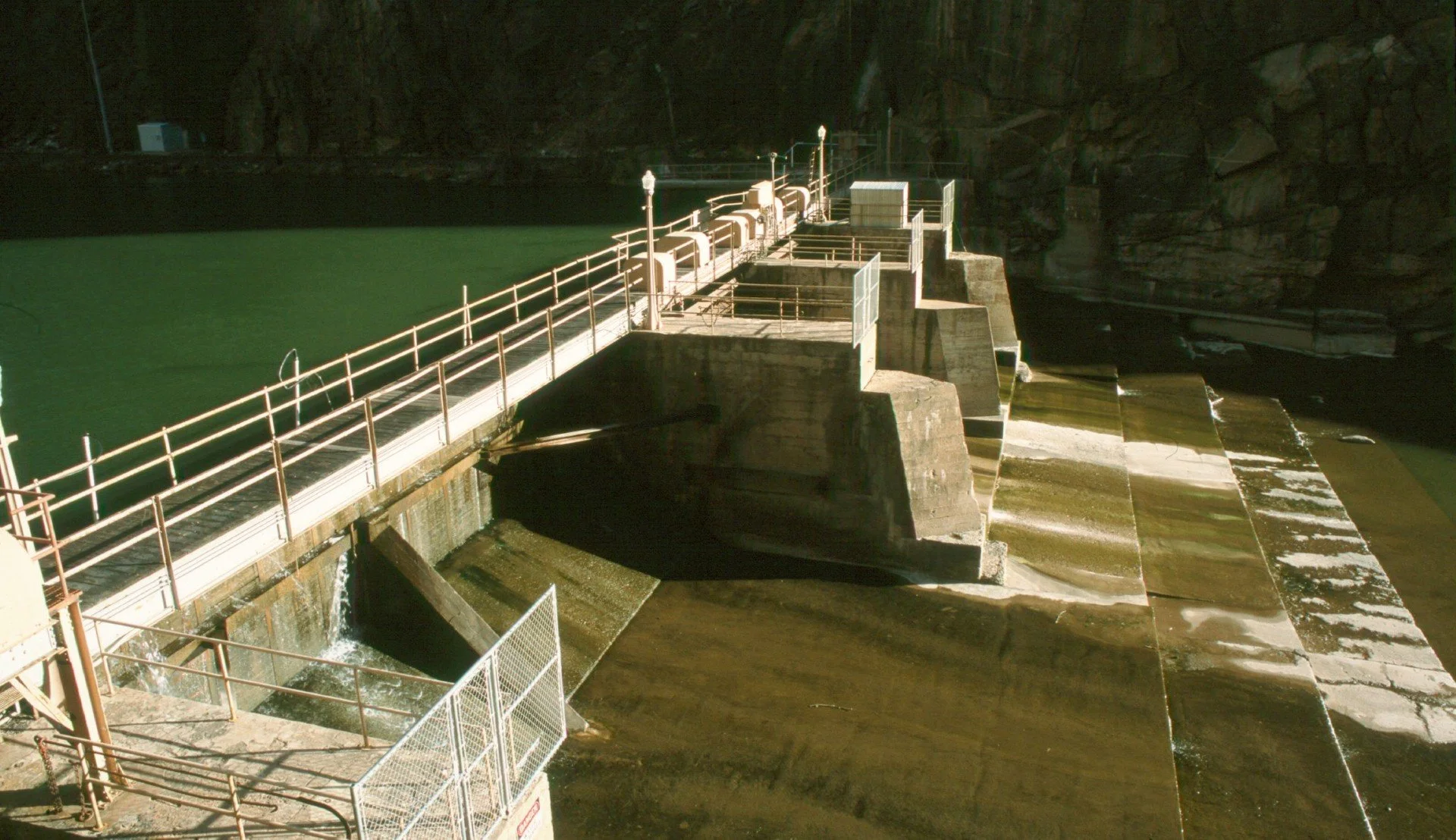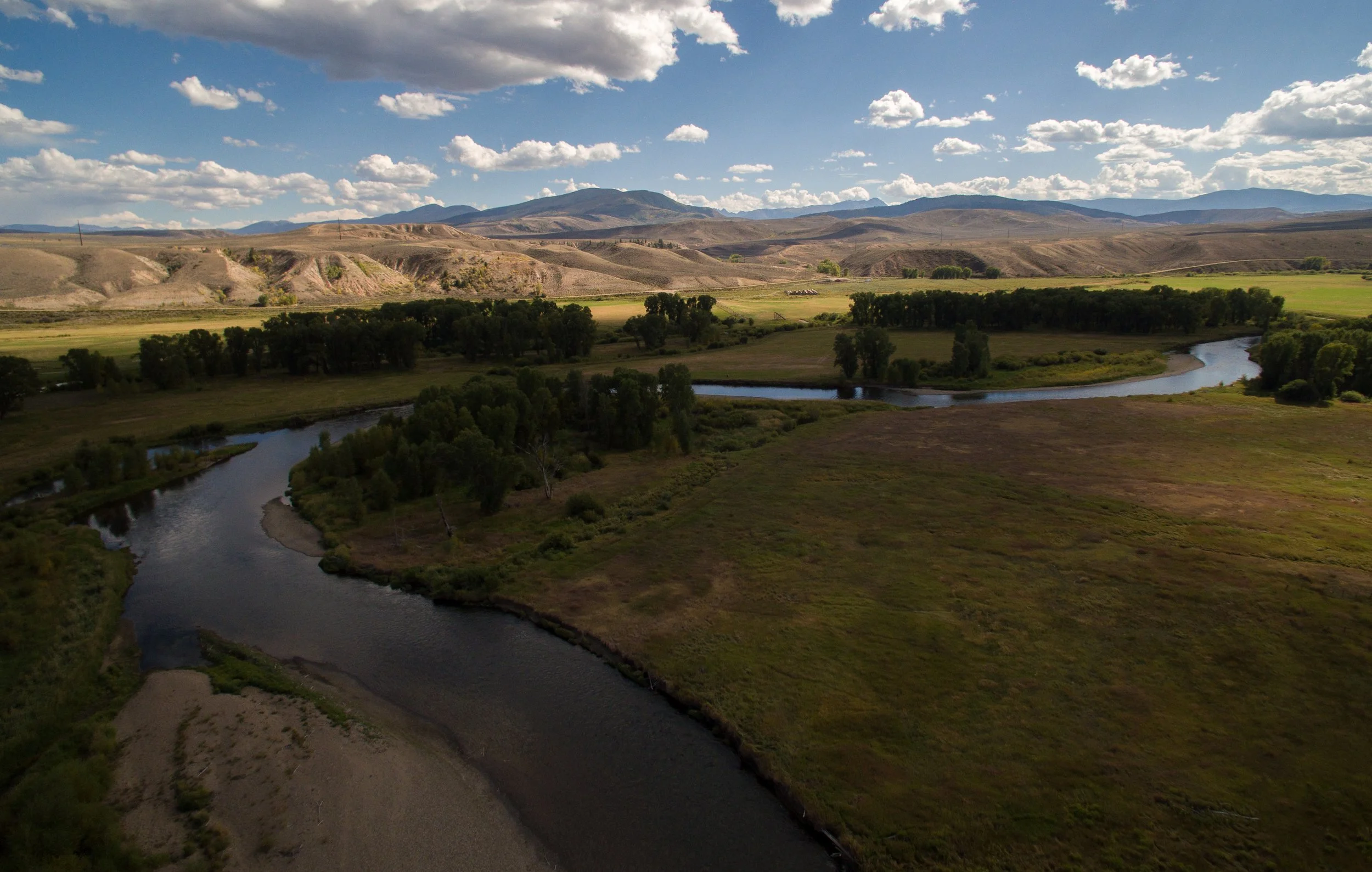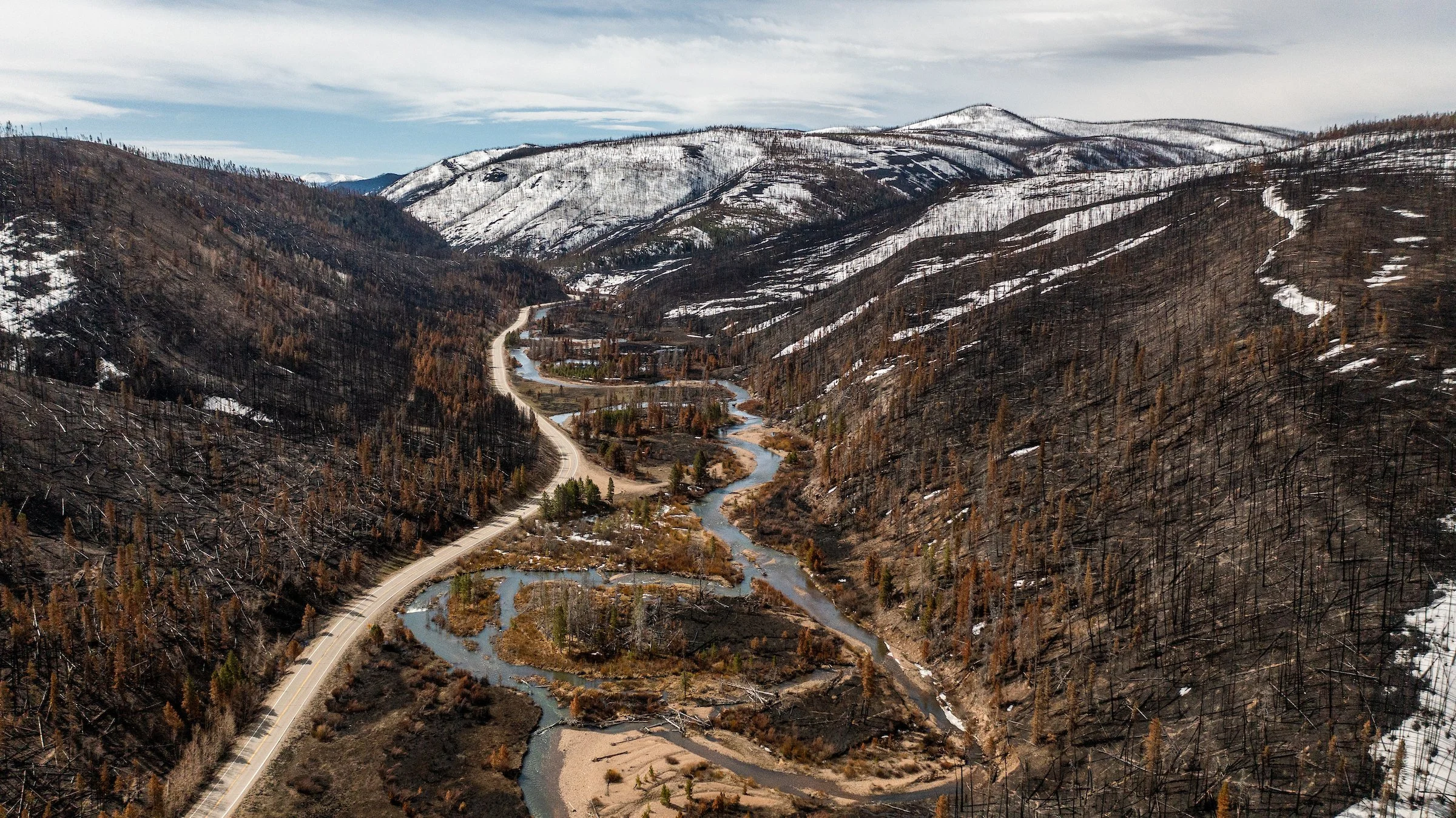Those who care about roadless areas nationwide can rest a bit easier, knowing that the law is indeed on their side. As reported in the Denver Post, on October 21, the 10th Circuit federal appeals court issued a ruling affirming the 2001 roadless rule and reversing and injunction against the rule that had been issued in the District Court. The ruling puts the national roadless rule back on firm legal ground. However, the US Forest Service and Colorado Department of Natural Resources intend to continue forward with a Colorado-specific rule, so we still do not know the protections that will ultimately apply to 4.2 million acres of outstanding Colorado backcountry. Forest Service Chief Tom Tidwell said that while the Obama Administration "strongly supports [the] court decision … we also remain committed to moving forward with the Colorado Roadless Rule for National Forests there."
The most recent draft of the Colorado Rule, while improved from earlier drafts, still is weaker on balance than the 2001 rule which was just reaffirmed in court. To offset parts of the rule that weaken backcountry protection – such as allowances for coal mining and ski areas – Colorado TU and other sportsmen have called for a number of changes that would strengthen the rule and help it reach a balance that is as strong or stronger than the 2001 rule. Specific points of concern include:
- Since some areas enjoy weaker protections, other areas should receive stronger, “Upper Tier” protection. This status needs to be meaningful, with extra protections such as no surface occupancy stipulations to ensure that energy development takes place without harming habitat, and needs to apply to more of Colorado's backcountry than in the current proposal.
- Protections need to be strengthened so that Colorado’s native cutthroat trout, which depend heavily on habitat in roadless areas, are adequately protected when activities (such as logging or building of temporary roads) are allowed within roadless backcountry.
- “Linear construction zones” – a euphemism for a temporary road along the path of a linear facility such as power lines or a pipeline – need to be more tightly restricted to ensure that they do not become a huge loophole that undermines backcountry protection.
Colorado TU has called on the Forest Service to adopt changes to address these concerns and ensure that any Colorado rule is as strong on balance as the 2001 rule. The fish, wildlife, and recreational economies that rely on healthy Colorado backcountry should enjoy protections every bit as strong as those that apply throughout the rest of the country.
While Colorado’s roadless future remains uncertain, for roadless areas nationwide there is reason to celebrate. The 10th Circuit decision is a clear rejection of Wyoming's legal arguments against the rule -- the appeals court simply disagreed with the lower court's conclusion that Wyoming's legal arguments were valid. For those who like reading legal decisions, the “money” quote from the decision is: "Wyoming failed to demonstrate that the Forest Service's promulgation of the Roadless Rule violated the Wilderness Act, NEPA, MUSYA, or NFMA."









